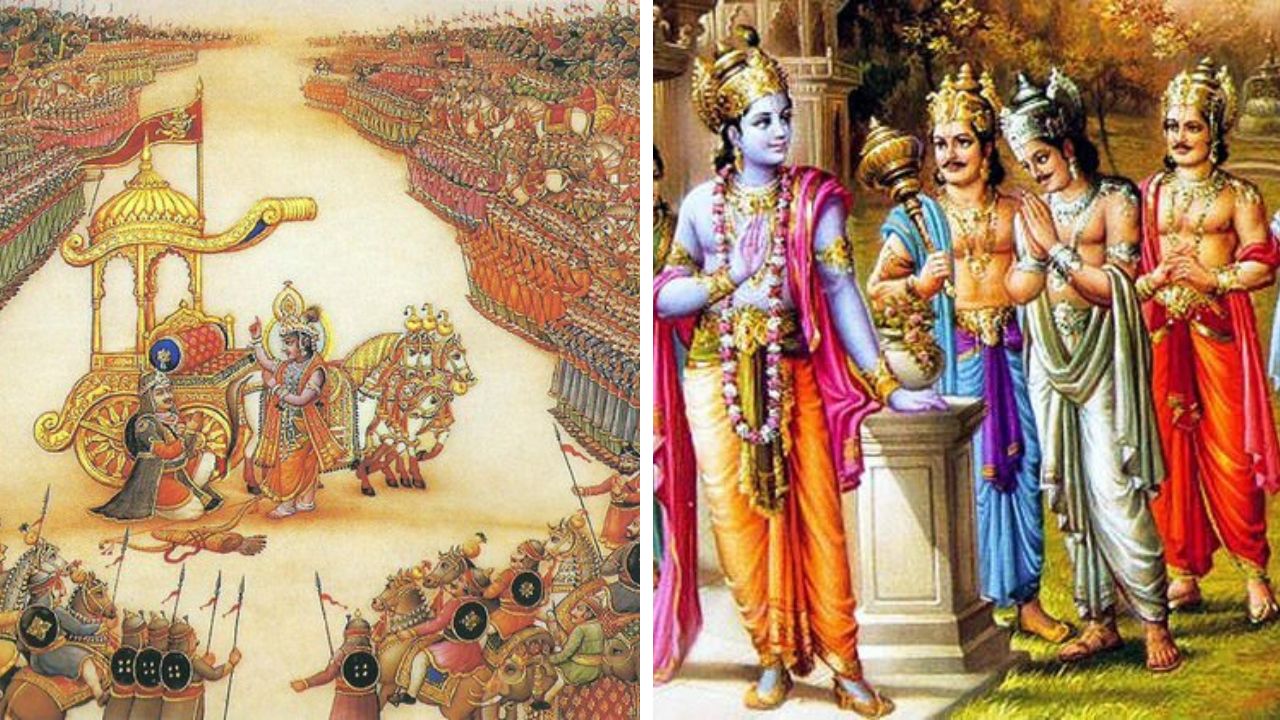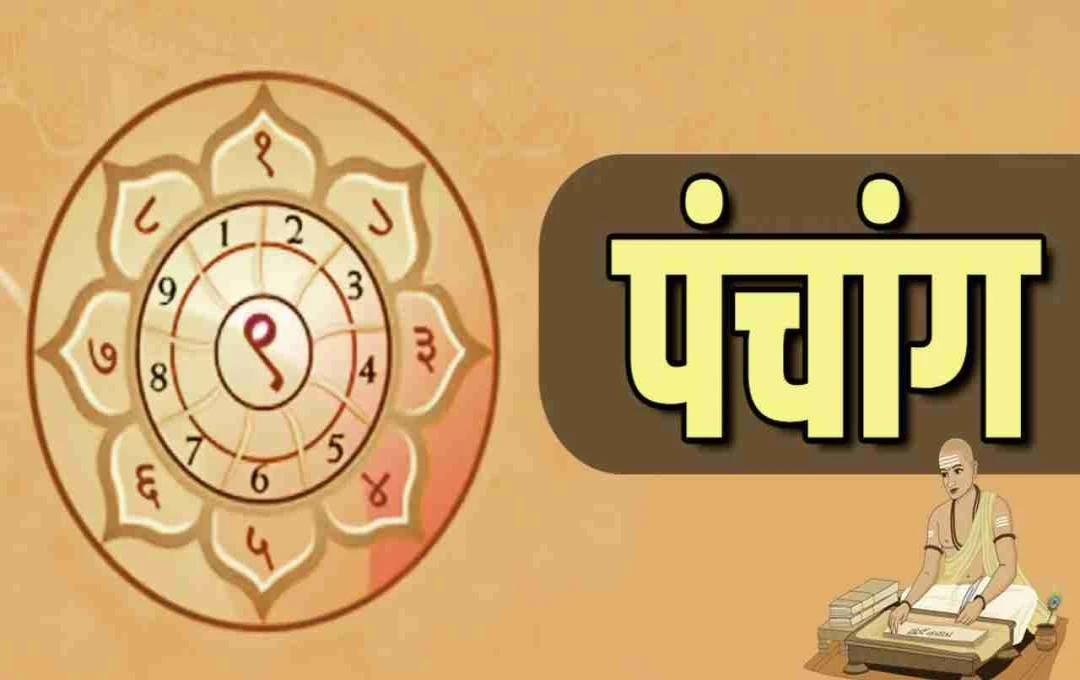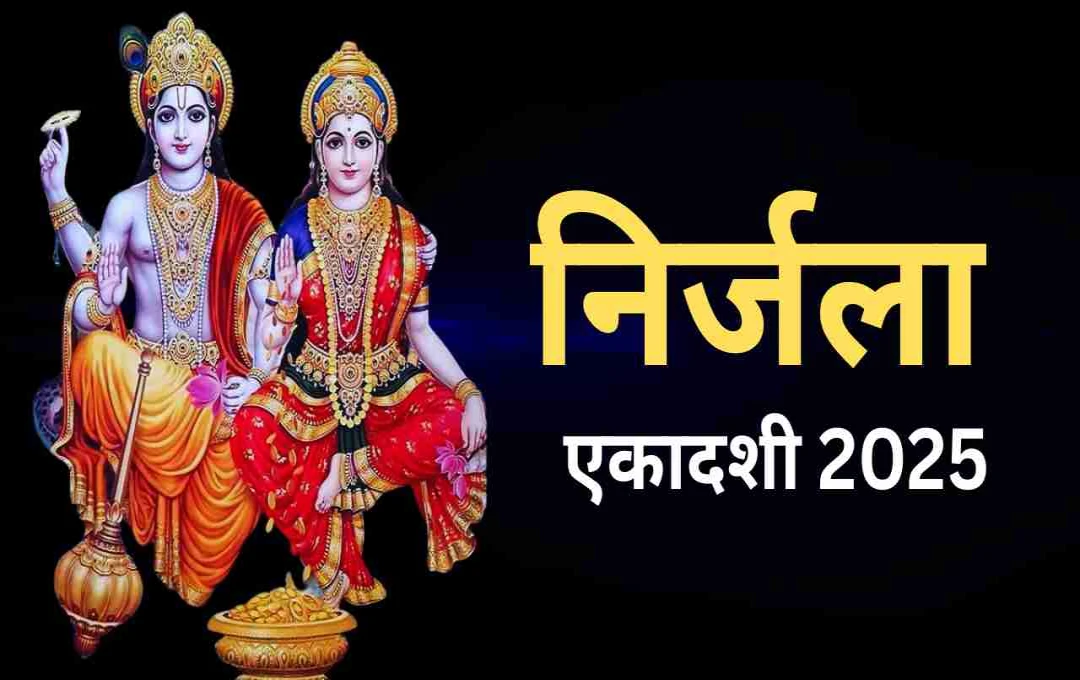The Mahabharata War between the Pandavas and Kauravas was ostensibly caused by five villages. Let's explore which these villages were.
The Mahabharata war lacked a single definitive cause. Neither Draupadi's taunting of the Kauravas, nor the Kauravas' refusal to grant the Pandavas their requested five villages, nor their stubborn refusal to cede even an inch of land, alone sowed the seeds of a conflict of such magnitude. Neither Draupadi anticipated the devastating consequences of a seemingly innocuous jest, nor did the Kauravas foresee that the resource-constrained Pandavas could challenge their rule. The Mahabharata war stemmed from multiple factors, the most significant being the division of land or kingdom. After days of fruitless attempts at resolution, a game of dice (dyutkrida) was organized. In this game, the Pandavas lost everything, including Indraprastha, suffering humiliation, Draupadi's disrobing, and ultimately, a 13-year exile (12 years in the forest and 1 year incognito). During their exile, the Pandavas forged alliances with several kings, bolstering their strength and solidifying their resolve to wage war against the Kauravas.
After their exile, a proposal was sent to Duryodhana: if he desired a division of the kingdom, he should relinquish his claim to the throne of Hastinapura. News of the impending war reached various kings, each aligning themselves with either side. Ultimately, both Duryodhana and Arjuna sought Krishna's assistance. Upon arriving, they found Krishna asleep. Arjuna sat at Krishna's feet, while Duryodhana sat at his head. Awakening, Krishna first saw Arjuna and thus granted him the right to make his request first.
Addressing both Arjuna and Duryodhana, Krishna declared that while he possessed the powerful Narayani Sena (army), he considered them both equal. He vowed to remain unarmed and neutral in the war, stating that the Narayani Sena would effectively be an army for both sides. He offered Arjuna the first choice: the Narayani Sena itself, or Krishna's neutrality. Duryodhana was apprehensive, assuming Arjuna would choose the formidable Narayani Sena, leaving him with only an unarmed Krishna. However, Arjuna humbly requested Krishna's presence in his army, irrespective of whether Krishna chose to fight or remain unarmed. This pleased Duryodhana immensely.
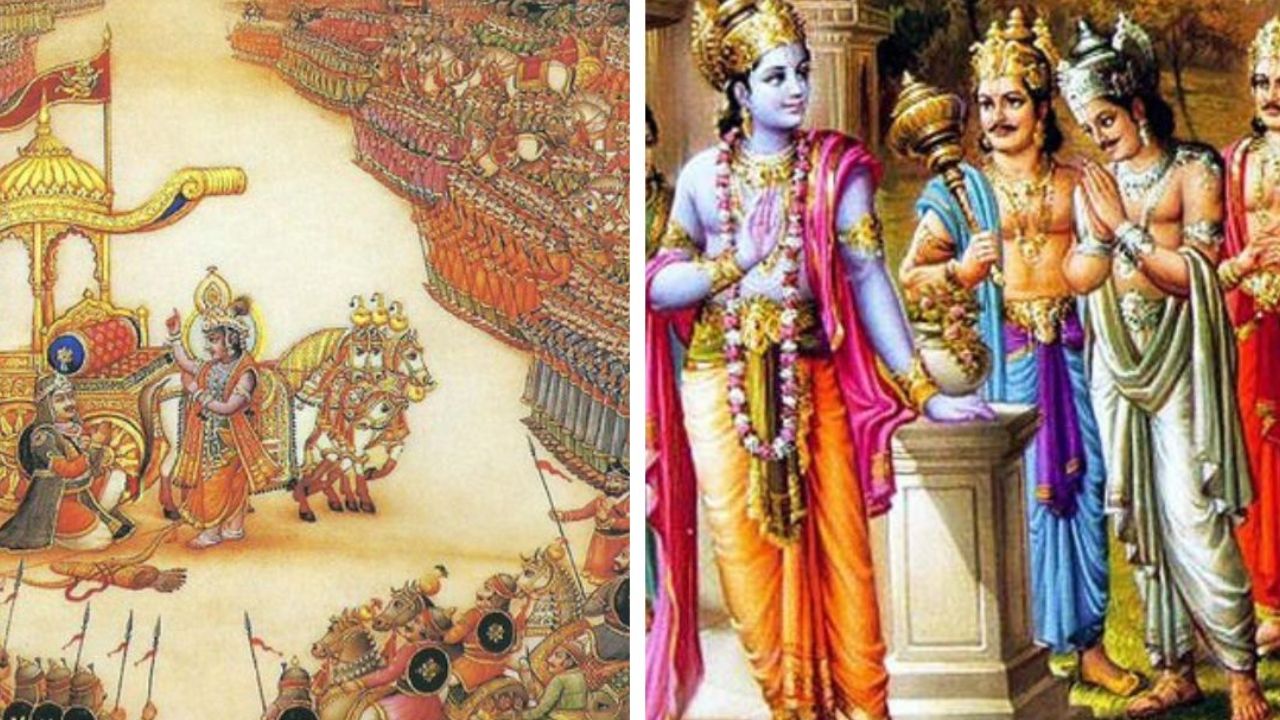
Despite these events, following Bhishma's advice, Dhritarashtra sent Sanjay as an emissary to propose peace and reconciliation to the Pandavas. Sanjay met Yudhisthira in Upaplavyanagara and presented the peace proposal. Yudhisthira desired peace but sought Krishna's counsel, subsequently sending Krishna as a peace envoy to Hastinapura on behalf of the Pandavas. They conveyed through Sanjay that the Pandavas would be satisfied with just five villages in exchange for peace.
Krishna, accompanied by Sanjay, went to Hastinapura. There, Krishna reiterated the Pandavas' peace proposal. Duryodhana, however, dissuaded his father from accepting it, claiming the Pandavas were merely bluffing due to fear of their vast army. He insisted they would not back down from war.
Krishna addressed the assembly, stating, "O King! You know the Pandavas are peace-loving, but that doesn't mean they are unprepared for war. They consider you their father; you must make the right decision." Krishna continued, addressing Duryodhana directly, urging him to return half the kingdom to the Pandavas and make peace. He assured Duryodhana that the Pandavas would accept him as Yuvaraja (crown prince) if he agreed to these terms.
Dhritarashtra pleaded with his son, emphasizing that averting war by conceding five villages was the best possible outcome. He urged Duryodhana to drop his stubbornness and make peace to prevent the impending destruction. Duryodhana, enraged, refused, declaring he wouldn't give the Pandavas a single blade of grass and that the fate of the conflict would be decided on the battlefield.
Despite attempts by Dhritarashtra, Bhishma, and Guru Drona to persuade Duryodhana, he remained adamant, refusing to heed even his mother Gandhari's pleas. Krishna, the peace envoy, realized that peace was unattainable and returned to Upaplavyanagara.
These five villages were:
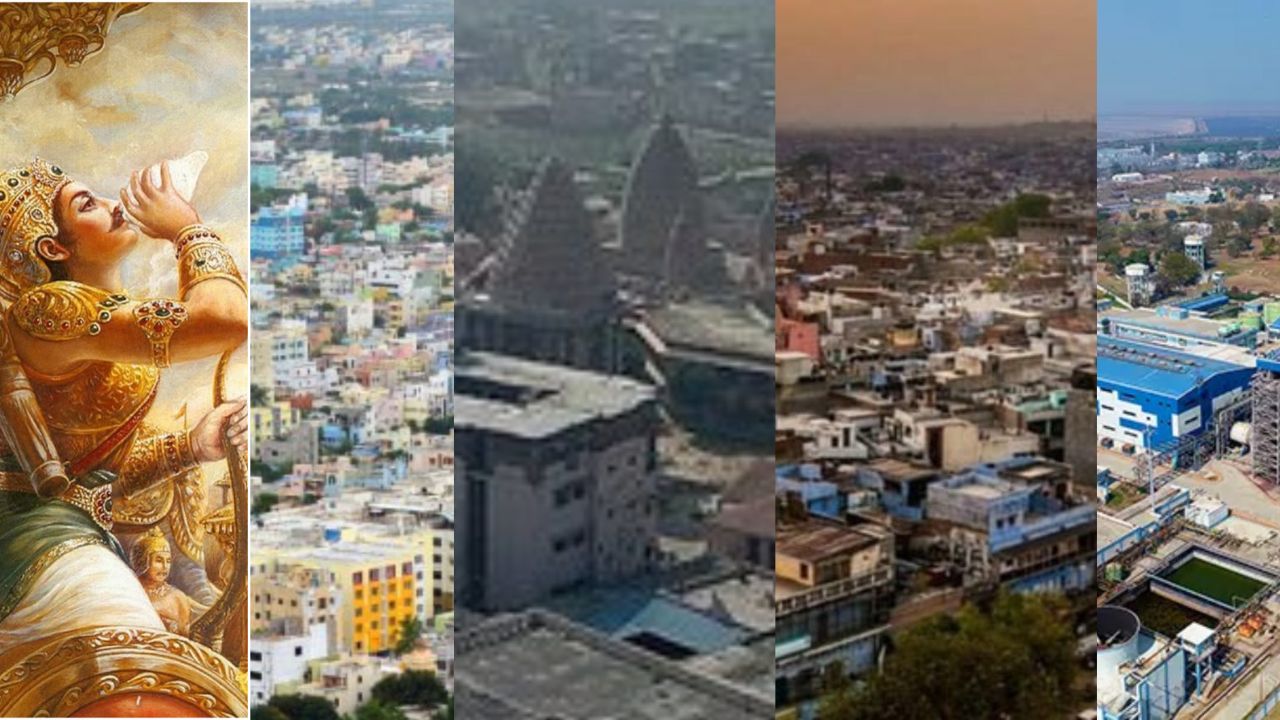
Shripat (Sihi) or Indraprastha
Sometimes referred to as Shripat, and sometimes as Indraprastha. The Mahabharata describes this area as Indraprastha. When relations between the Pandavas and Kauravas soured, Dhritarashtra ceded the Khandavaprastha region on the banks of the Yamuna to the Pandavas. This area was desolate and inaccessible, but with the help of Mayaasura, the Pandavas settled it, constructing a fort and palace. They named this region Indraprastha.
Bagpat
In the Mahabharata period, this area was known as Vyagraprastha, meaning "the abode of tigers." Tigers have inhabited this region for centuries. This is where the Kauravas plotted to burn the Pandavas by constructing a wax palace.
Sonipat
Sonipat was formerly known as Swarnaprasta, later becoming Sonaprastha and then Sonipat. Swarnapatha means "city of gold." Sonipat is one of the five villages demanded by the Pandavas. It is a combination of "Swarna" (gold) and "Prastha" (place). Sonipat is currently located in Haryana.
Panipat
Panipat was formerly called Panduprastha. This location holds immense significance in Indian history as the site of three major battles. It is near Kurukshetra, where the Mahabharata war took place. Panipat is situated 90 kilometers north of New Delhi and is also known as the "city of weavers."
Tilpat
Tilprastha was one of the five villages demanded by the Pandavas. Tilpat was formerly known as Tilprastha. It is a city in the Faridabad district of Haryana.
